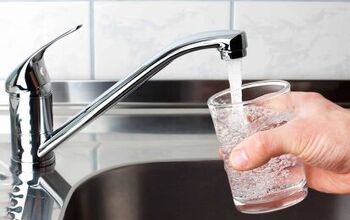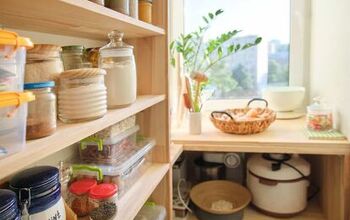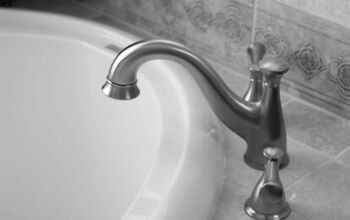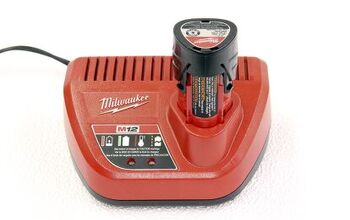Can You Put Granite Countertops In A Mobile Home? (Find Out Now!)

Every 10 to 15 years the average kitchen usually requires some updates. If you are looking to replace your kitchen counter, there is a wide variety of countertops to choose from. Granite counters have a classic appeal and are a popular choice in today’s market. However, before you get your heart set on a granite counter, can you put granite countertops in a mobile home?
Yes, granite countertops are a viable option for a mobile home kitchen. However, you will want to take into consideration the weight of your new counter (plus your cabinets) to know if your floor can support the extra weight. Granite comes in different thicknesses, so it is less a question of if you can choose a granite countertop, and more a question of which countertop you should choose.
Let’s look at how much weight you will be adding with a granite countertop and some pros and cons of granite countertops. Find out if a granite countertop is right for you!
Do You Need Countertop Installers?
Get free, zero-commitment quotes from pro contractors near you.

Can a Mobile Home Hold the Weight of Granite Countertops?
An average mobile home floor will usually support the weight of at least 40 pounds per square foot. Granite countertops differ in density depending on the stone you choose. An average granite countertop with a ¾ inch thickness will weigh about 13 pounds per square foot, while a 2-inch thick granite countertop can weigh up to 30 pounds per square foot. Also, darker-colored granite is generally heavier than a lighter color will be.
Before you fall in love with the heaviest granite available, you will also need to take into consideration how much your cabinets weigh per square foot to make sure you don’t go over your floor’s weight capacity.
Pros and Cons of Granite Countertops
While granite countertops have been a popular counter choice for at least 20 years, there are some things to consider when choosing granite for your mobile home. Here are some pros and cons to look at when choosing granite countertops:
Pros
- Heat-Resistant
Unlike laminate and some other types of counters, granite is very heat-resistant. In general, hot pots and pans can even be set directly on granite. This can make cooking easier because you don’t have to worry about hunting up trivets when you need to take a pan off the stove.
- Sanitary
If your granite is well-sealed, it will have antimicrobial properties that hinder bacteria from gaining ground on your counter.
- Adds Value
Granite counters are a very popular choice. A granite counter can instantly update the look of your kitchen even if you make no other changes. It can also be a selling point if you are looking to sell your home.
Cons
- Expense cost of counter+ installment
While granite is not the most expensive countertop on the market, it can be a bit pricier than some. It is also more difficult to install and you will need to call in a professional for this job.
- Maintenance
To keep the finish of your countertop in good shape, you will need to reseal it from time to time. If you don’t, the granite surface can become porous and a breeding ground for bacteria.
- Cracks
Cracks are usually more of an issue while installing granite than afterward. Still, if your counter receives a blow at a weak point, it could crack.
Maintaining Your Granite Countertop
Clean Without Harsh Chemicals
To clean your granite counter, use mild dishwashing soap and a soft cloth or sponge. You won’t want to use any harsh cleaning materials as this could damage your finish. Avoid using vinegar, bleach, Windex, or other harsh chemicals. Also, don’t use abrasive tools such as steel wool when cleaning.
Don’t leave spills or oil drips on your counter as this could seep into the finish and stain your counter. If your granite is well-sealed, this will be less of an issue.
Reseal Your Counter at the Proper Time
While granite is a less porous stone than marble, it is not completely non-porous. This is why it is important to keep granite properly sealed so you don’t end up with stains in your finish. According to the experts’ recommendations, you should reseal your counter at least once a year or twice a year.
Resealing a Granite Countertop
You can check to see if your granite countertop needs resealing with a simple test. Pour a small amount of water on a corner of your counter and leave it for up to 10 minutes before wiping it off. If you notice a darker spot where the water was, it is probably time to reseal your countertop.
Resealing your countertop can be a do-it-yourself job by following the directions of your sealant type. In general, here are the steps you will need to follow.
- First, pour sealer on a small space of your counter at a time.
- Next, spread the sealer thinly over your counter with either a soft brush or cloth.
- Wait for the stone to absorb the sealant. Depending on your type of stone (and sealant) this could take up to 5 minutes.
Signs Your Kitchen Countertop Needs Replacing
- The countertop shows surface damage.
- Your countertop has suffered structural damage.
- The finish has visible stains or burns.
- You want to update your kitchen’s look.
Do You Need Countertop Installers?
Get free, zero-commitment quotes from pro contractors near you.

Related Questions
Which countertop is best for easy maintenance?
Laminate countertops are completely non-porous and are often considered the easiest counters to maintain. These don’t require upkeep or special solutions to clean them. Mild soap and water should be enough.
Can I reseal a granite countertop on my own?
While installing granite countertops is best left to the professionals, you should be able to reseal the granite surface on your own. Usually resealing a granite countertop should be done at least once a year. However, if you feel like your granite is lacking its shine, you can go ahead and reseal it if you wish. Granite is a natural stone, so you don’t have to worry about over-sealing it.
Do I need a plywood layer under my granite counter?
If your granite is at least 1 ¼ inches thick, you should not need a layer of plywood under your counter. If it is any thinner than this, though, you will need to provide a support base for your counter to keep it from cracking.

Alex Praytor is a native Texan who got her degree in English Literature and decided to travel the globe. She finds the architecture and design of homes across cultures fascinating. In her spare time, she visits coffee shops with her family and creates projects for their own home. Alex enjoys sharing tips on how to keep repairs up to date while turning a house into a home.
More by Alex Praytor



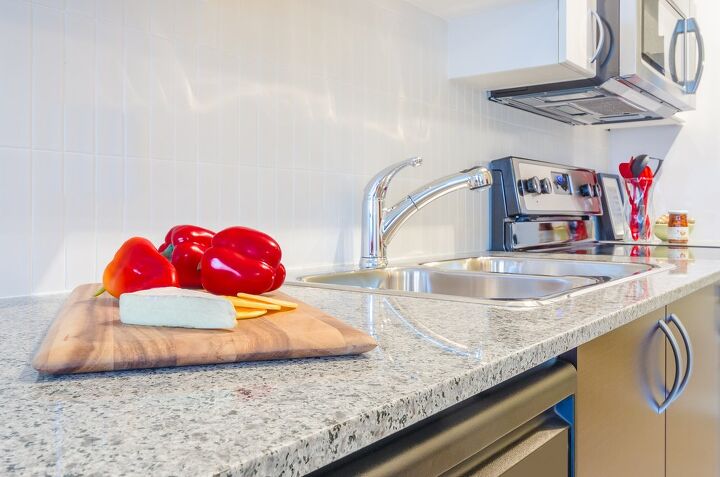






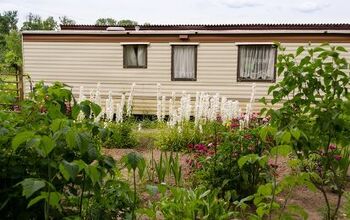
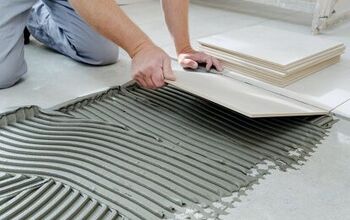


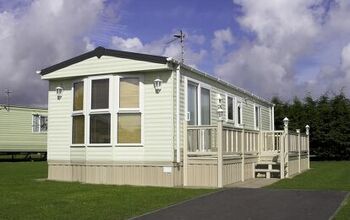
![10 Most Dangerous Neighborhoods in Baltimore [Updated]](https://cdn-fastly.upgradedhome.com/media/2023/07/31/9075655/10-most-dangerous-neighborhoods-in-baltimore-updated.jpg?size=350x220)

